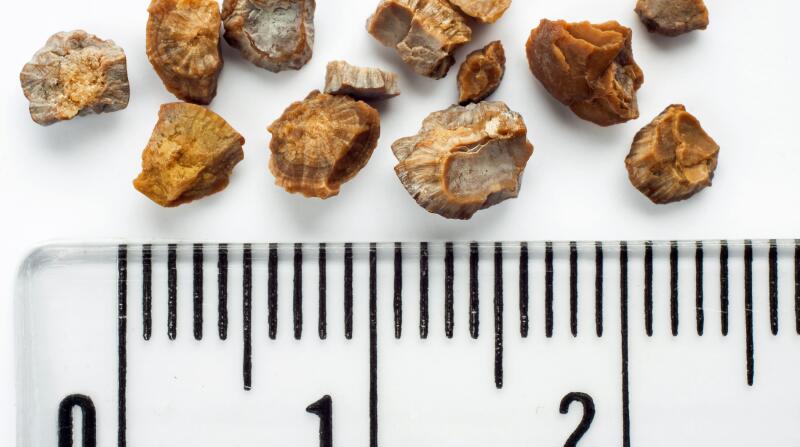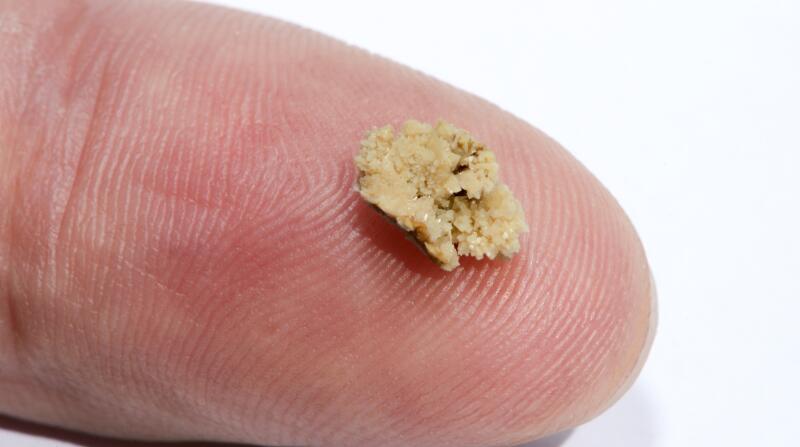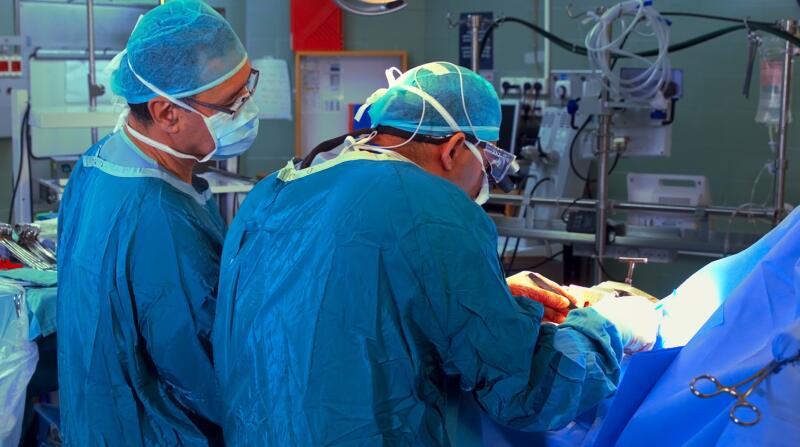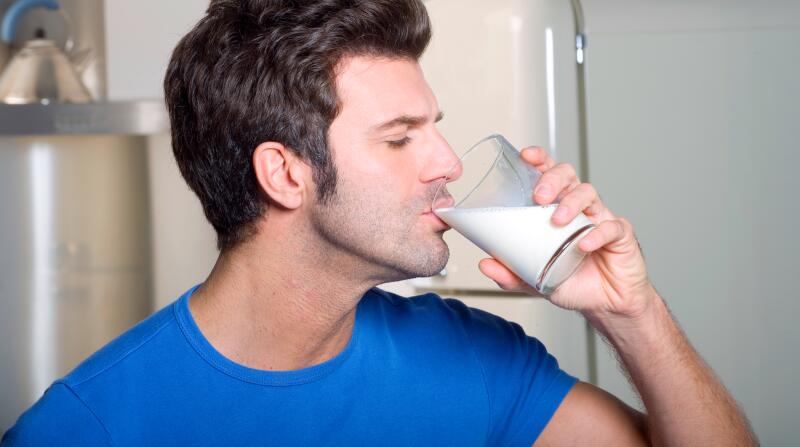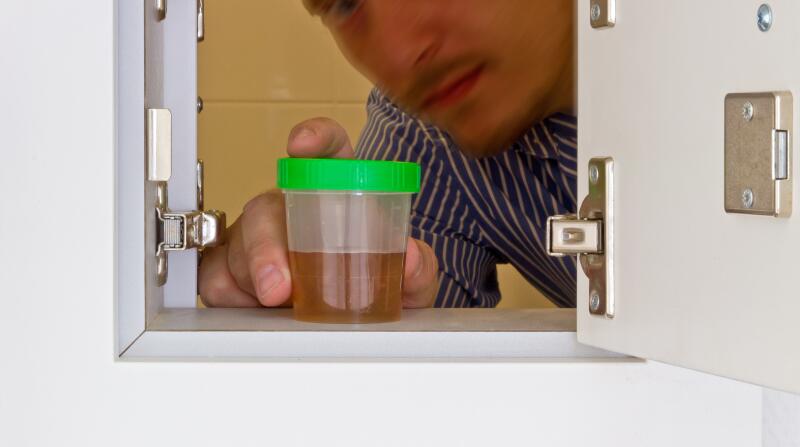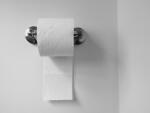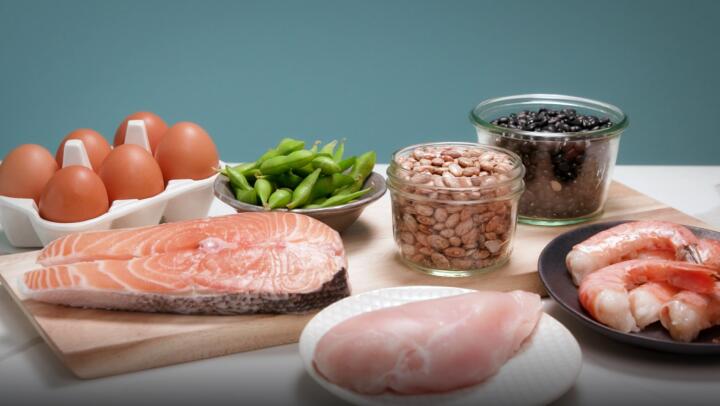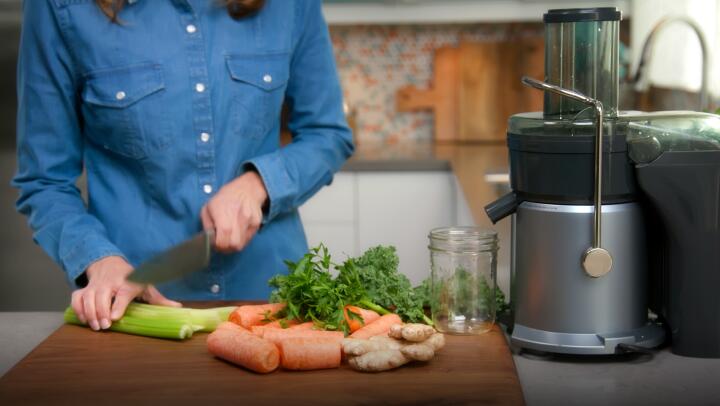10 Things to Know About Kidney Stones

Medically Reviewed By William C. Lloyd III, MD, FACS
Written By Mary Elizabeth Dallas on December 13, 2020
-
 Kidney Stones: Tiny Specks to Golf Ball-Sized CrystalsKidney stones are a common problem. About 1 of every 10 people will have a kidney stone at some point in their life. Once you've had one, the odds go up that you'll have another. They're also often a painful problem. The bigger the stone, the more painful it's likely to be. Here's what you need to know.
Kidney Stones: Tiny Specks to Golf Ball-Sized CrystalsKidney stones are a common problem. About 1 of every 10 people will have a kidney stone at some point in their life. Once you've had one, the odds go up that you'll have another. They're also often a painful problem. The bigger the stone, the more painful it's likely to be. Here's what you need to know. -
 1. Not all kidney stones are alike.Kidney stones can be tiny specks or as big as golf balls. Stones that big are rare. More often, they're about the size of a pea. Whatever their size, kidney stones form when a certain crystal-forming substance builds up in your urine. Sometimes this is uric acid. Other times it's a mineral: calcium, oxalate or phosphorus. The fluid in your urine can no longer dilute the substance because there is so much of it. This causes hard, pebble-like material—stones—to form in your kidneys.
1. Not all kidney stones are alike.Kidney stones can be tiny specks or as big as golf balls. Stones that big are rare. More often, they're about the size of a pea. Whatever their size, kidney stones form when a certain crystal-forming substance builds up in your urine. Sometimes this is uric acid. Other times it's a mineral: calcium, oxalate or phosphorus. The fluid in your urine can no longer dilute the substance because there is so much of it. This causes hard, pebble-like material—stones—to form in your kidneys. -
-
 2. Pain is a main symptom.Small kidney stones may pass from your kidney into your bladder with little or no pain. Larger stones, however, can cause severe pain. These stones can get stuck in the tube (ureter) that carries urine from your kidneys to your bladder. They block the flow of urine. This leads to the really bad pain—the medical name for it is renal colic. It might be in your back, side, lower belly or groin. The pain may come and go in waves.
2. Pain is a main symptom.Small kidney stones may pass from your kidney into your bladder with little or no pain. Larger stones, however, can cause severe pain. These stones can get stuck in the tube (ureter) that carries urine from your kidneys to your bladder. They block the flow of urine. This leads to the really bad pain—the medical name for it is renal colic. It might be in your back, side, lower belly or groin. The pain may come and go in waves. -
 3. Kidney stones have other warning signs too.If you have a kidney stone, you may constantly feel the need to urinate but only pass a small amount. Urinating could also be painful. Your urine may look cloudy or smell bad. You may have blood in your urine, which can make it look pink, red or brown. You may be sick to your stomach and also have a fever or chills. These signs point to kidney stones.
3. Kidney stones have other warning signs too.If you have a kidney stone, you may constantly feel the need to urinate but only pass a small amount. Urinating could also be painful. Your urine may look cloudy or smell bad. You may have blood in your urine, which can make it look pink, red or brown. You may be sick to your stomach and also have a fever or chills. These signs point to kidney stones. -
 4. Medication may help.Once your kidney stones are gone, your pain should be gone too. Small kidney stones may pass on their own without help. Larger kidney stones may require treatment. You may need IV fluids if you are vomiting and become dehydrated. Medication sometimes helps a kidney stone pass. Or, your doctor might use a noninvasive procedure involving high-energy shock waves to break them up into smaller pieces. They then can pass out of your body on their own.
4. Medication may help.Once your kidney stones are gone, your pain should be gone too. Small kidney stones may pass on their own without help. Larger kidney stones may require treatment. You may need IV fluids if you are vomiting and become dehydrated. Medication sometimes helps a kidney stone pass. Or, your doctor might use a noninvasive procedure involving high-energy shock waves to break them up into smaller pieces. They then can pass out of your body on their own. -
 5. Some stones don't go easilyGetting rid of large stones may require minimally invasive scope procedures, and sometimes surgery. To remove kidney stones in the lower part of the urinary tract, a urologist inserts a specialized tube (cystoscope) with a tiny camera on the tip into the urethra (the tube that lets urine pass out of the bladder to leave your body). For stones beyond the bladder—in the ureters and kidneys—doctors use a ureteroscope. The doctor can break the stone into smaller pieces to remove it. For larger stones higher in your urinary tract, the doctor makes a small incision in your back and puts a specialized tube directly into your kidney. Stones are pulled out through the tube. Large ones may first be broken up with instruments or a laser.
5. Some stones don't go easilyGetting rid of large stones may require minimally invasive scope procedures, and sometimes surgery. To remove kidney stones in the lower part of the urinary tract, a urologist inserts a specialized tube (cystoscope) with a tiny camera on the tip into the urethra (the tube that lets urine pass out of the bladder to leave your body). For stones beyond the bladder—in the ureters and kidneys—doctors use a ureteroscope. The doctor can break the stone into smaller pieces to remove it. For larger stones higher in your urinary tract, the doctor makes a small incision in your back and puts a specialized tube directly into your kidney. Stones are pulled out through the tube. Large ones may first be broken up with instruments or a laser. -
-
 6. Drinking milk does not cause kidney stones.The most common kidney stones are calcium stones. However, these stones don't form because you consume food or liquids high in calcium. Your bones and muscles need calcium. Any extra goes to your kidneys. But when the kidneys aren’t working normally, they don't flush it out like they should. Then, the extra calcium mixes with other waste products—chemicals like phosphate or, more often, oxalate. Together, they form stones.
6. Drinking milk does not cause kidney stones.The most common kidney stones are calcium stones. However, these stones don't form because you consume food or liquids high in calcium. Your bones and muscles need calcium. Any extra goes to your kidneys. But when the kidneys aren’t working normally, they don't flush it out like they should. Then, the extra calcium mixes with other waste products—chemicals like phosphate or, more often, oxalate. Together, they form stones. -
 7. Uric acid can cause kidney stones.High levels of uric acid in your urine also can lead to kidney stones. Uric acid forms when your body breaks down substances (purines) found in many foods and in all body tissues. Uric acid usually passes through the kidneys and out of your body in urine. But, kidney stones can form if there's too much uric acid in your urine. This can happen from eating a large amount of fish, shellfish or meat, especially organ meat. It also can occur in people with gout.
7. Uric acid can cause kidney stones.High levels of uric acid in your urine also can lead to kidney stones. Uric acid forms when your body breaks down substances (purines) found in many foods and in all body tissues. Uric acid usually passes through the kidneys and out of your body in urine. But, kidney stones can form if there's too much uric acid in your urine. This can happen from eating a large amount of fish, shellfish or meat, especially organ meat. It also can occur in people with gout. -
 8. Sometimes an infection is to blame.A urinary tract or kidney infection can lead to kidney stones. This occurs when ammonia made by bacteria builds up in your urine. It mixes with minerals, becomes a substance called struvite and turns into kidney stones. This can happen very quickly. Also, struvite stones are often big.
8. Sometimes an infection is to blame.A urinary tract or kidney infection can lead to kidney stones. This occurs when ammonia made by bacteria builds up in your urine. It mixes with minerals, becomes a substance called struvite and turns into kidney stones. This can happen very quickly. Also, struvite stones are often big. -
 9. Genetics, gender and more can play a role.Men are more likely than women to develop kidney stones. In the United States, they're also most common among whites. Having a family member who's had kidney stones raises your chances of having them. You're also more likely to develop a kidney stone if you’ve had one in the past. Certain health issues can increase your risk for kidney stones, too. These include kidney disease, gout and frequent urinary tract infections.
9. Genetics, gender and more can play a role.Men are more likely than women to develop kidney stones. In the United States, they're also most common among whites. Having a family member who's had kidney stones raises your chances of having them. You're also more likely to develop a kidney stone if you’ve had one in the past. Certain health issues can increase your risk for kidney stones, too. These include kidney disease, gout and frequent urinary tract infections. -
 10. Take steps to prevent kidney stones.There's no guaranteed way to prevent them, but there are things you can do to make getting kidney stones less likely. For instance, drink a lot of water. Cut back on salt, get protein from sources other than animal-based foods, and don't overdo calcium supplements. Maintaining a healthy weight is just as important. Of course, check with your doctor before making any big changes. And, if you've already had kidney stones, ask what type they were. That will help you and your doctor decide what changes you might need to make.
10. Take steps to prevent kidney stones.There's no guaranteed way to prevent them, but there are things you can do to make getting kidney stones less likely. For instance, drink a lot of water. Cut back on salt, get protein from sources other than animal-based foods, and don't overdo calcium supplements. Maintaining a healthy weight is just as important. Of course, check with your doctor before making any big changes. And, if you've already had kidney stones, ask what type they were. That will help you and your doctor decide what changes you might need to make.
10 Things to Know About Kidney Stones
